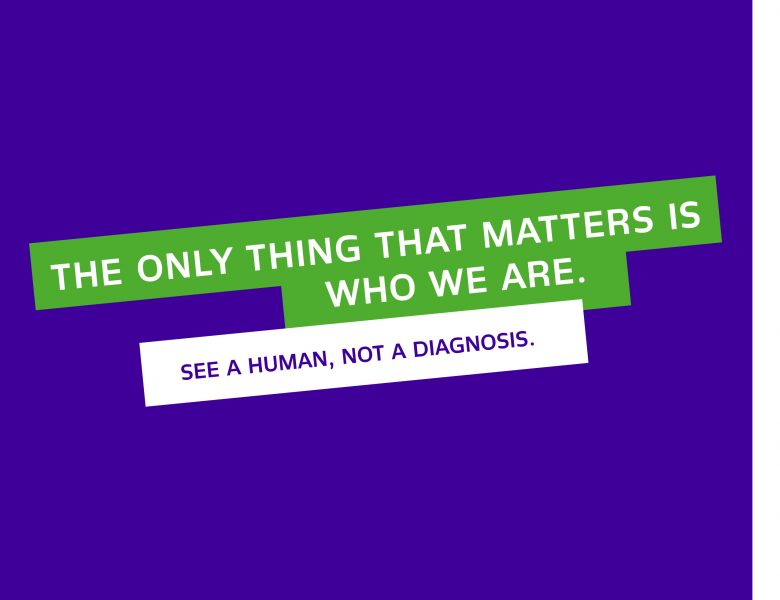What are functional impairments?
Functional impairments (FI) manifest themselves as difficulties in taking care of yourself or performing everyday actions. For example, these could be vision, hearing or movement limitations or growth, behavioural, language development or physical or spiritual development disorders. FI can be congenital or acquired as a result of skeletal, muscular, tissue or surgical illnesses or various injuries.
FI can affect your home life and self-care, mobility and integration into the job market and society. However, by receiving appropriate public support and social services, for example, in the form of adapted infrastructure, people with FI can live a full and independent life – working, practicing hobbies and venturing into society.
ADVICE WHEN ENCOUNTERING PEOPLE WITH FI
The first and most important recommendation is – be yourself. The person with a functional impairment (FI) opposite you is the same as any other person – he will appreciate a respectful, genuine and consistent attitude.
However, there are some nuances that must be taken into account when encountering people FI in accordance with the nature of the impairment.
For example, when encountering people with functional impairments, do not touch a wheelchair, other ancillary devices or your conversational partner unless asked or given permission to do so. When starting a conversation, place yourself directly opposite the position – so that you are instantly visible. Respect personal boundaries – by violating them, you can create an unnecessary sense of alarm or insecurity. Before rushing to help, always ask whether your assistance is required.
When encountering people with impaired hearing, establishing and maintaining eye contact throughout the conversation is particularly important. Likewise, make sure that the surrounding environment is not too noisy, the light is not too bright, and your face is not in shadow and your mouth is clearly visible so that you can be understood. A person with impaired hearing will read your words from your lips. Talk evenly, in clear diction, without exaggerated mimicry and gestures. If your conversational partner uses a hearing aid, it is particularly important that you do not raise your voice, several people do not speak at the same time and do not change distance during the course of the conversation – this can hamper a person with impaired hearing from understanding what is said. If necessary, repeat or rephrase your words. In turn, if you do not understand what has been said, do not be shy to ask. If communication proves impossible, use pen and paper – maybe writing will prove to be a better solution.
When encountering people with impaired vision, avoid using the term “blind” – the concepts “blind” and “visually impaired” have different meanings.
When starting a conversation, first of all make sure that the surrounding light is not too bright and that your face is not in shadow. Afterwards state your name and introduce yourself. Try to start the conversation directly instead of with the intermediation of a third person. You can safely use everyday language, but assessing the situation and trying to find as precise and descriptive words as possible (e.g. the door on the left, the girl in the yellow dress, etc.). Speak slowly, clearly and evenly, without excessive gestures. If your conversational partner permits this, you can also use touches. Upon concluding the conversation or leaving, respect a conversational partner with impaired vision and tell him about your intention in advance.
Be patient and empathetic – people with functional impairments can react differently to what you expect or they may need more time to open up for a conversation.


